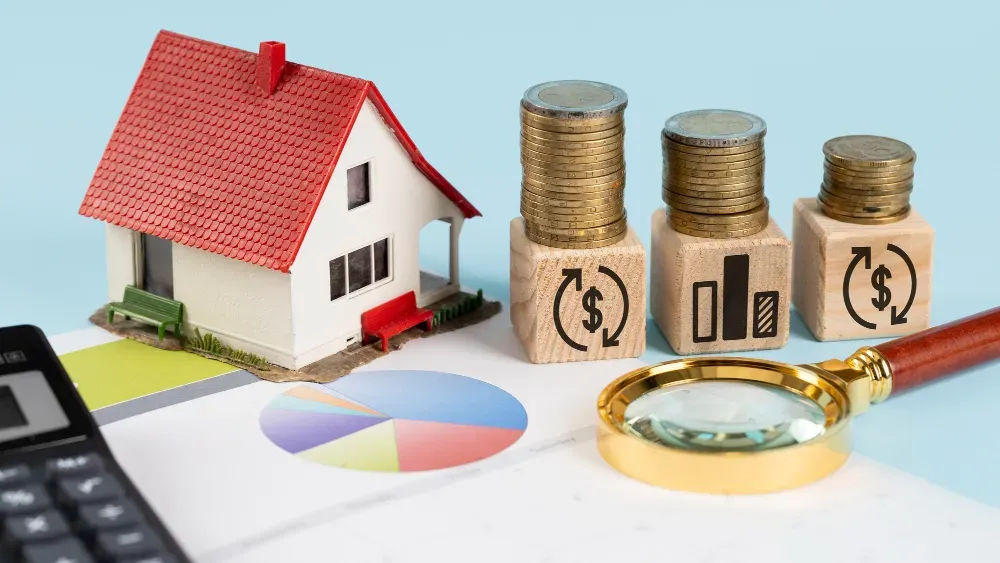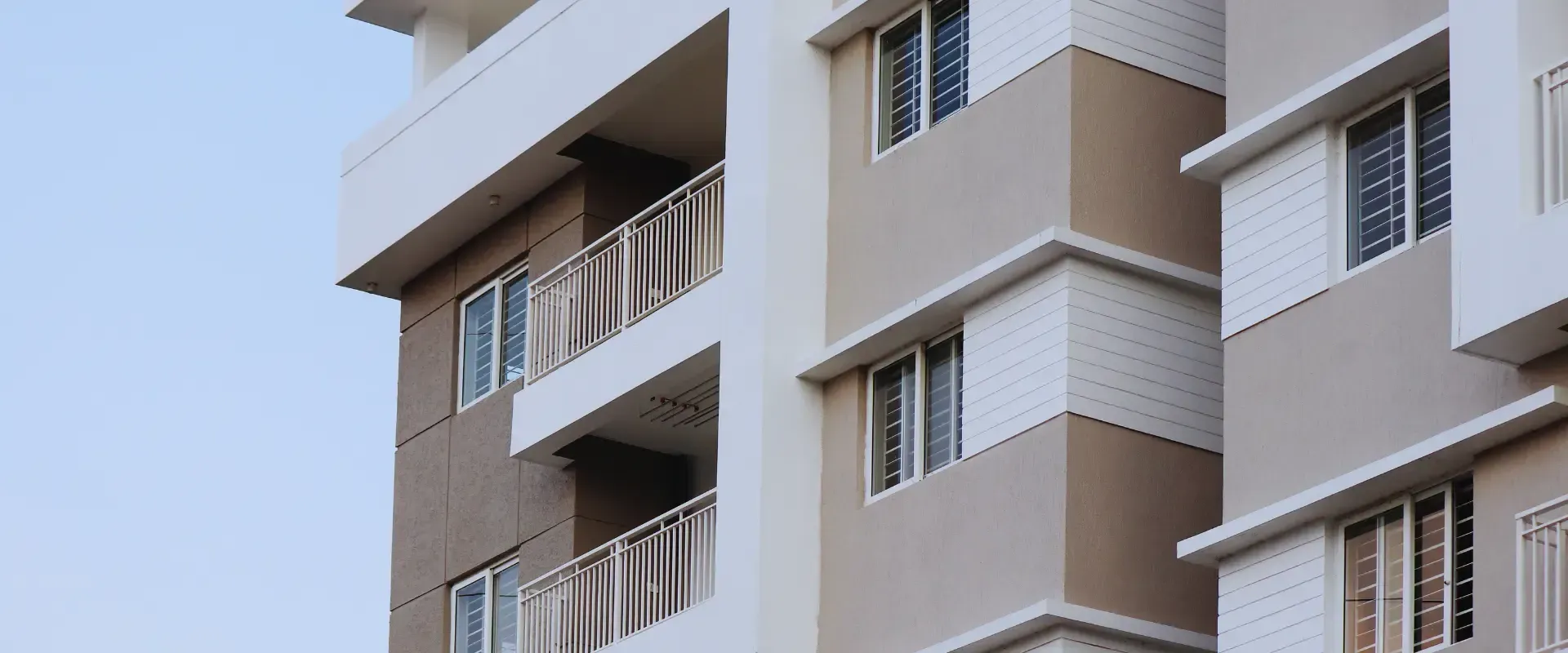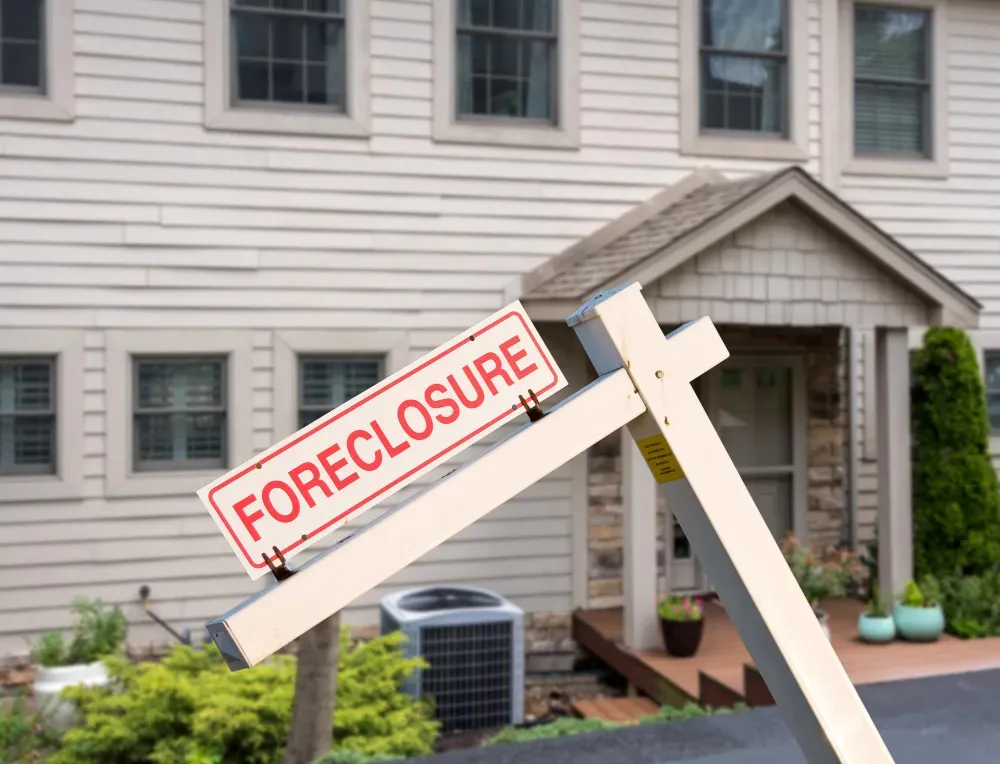How Economic Trends Influence the Housing Market
Las Vegas Sell House Fast Buyers is a trusted home-buying service specializing in quick, hassle-free property sales. They help homeowners sell their properties in any condition without the delays of traditional real estate transactions. With a simple, transparent process, they provide fair cash offers and ensure a smooth closing experience.
Top 3 Property Services:
- Residential Properties – Sell your house quickly for cash, avoiding repairs, agent fees, and lengthy listing processes.
- Apartment Properties – Whether you own a single unit or an entire apartment building, they offer a fast and fair cash sale.
- Mobile Homes – Get a hassle-free sale for your mobile home, regardless of its age or condition.

Trying to sell your house when the economy takes a nosedive can feel like swimming upstream. With buyers tightening their belts and lenders getting stricter, finding someone to take your property off your hands quickly becomes a real challenge. But here's the good news understanding how economic trends affect housing can help you make smart moves, even when things look bleak.
Understanding Economic Cycles and Housing Markets
The Relationship Between Economic Health and Real Estate
The housing market and the economy dance together in a close partnership. When the economy grows, people typically have more money to spend, better job security, and easier access to loans. This creates a seller's market where homes sell quickly and often above asking price.
But when economic growth slows, the opposite happens. Buyers become cautious, lending tightens up, and homes sit on the market longer. This shift from a seller's market to a buyer's market can happen surprisingly fast when economic conditions change.
"The housing market often serves as a barometer for the overall economy," says many financial experts. In fact, housing typically makes up 15-18% of the U.S. GDP, making it a major economic force on its own.
Historical Patterns in Housing During Economic Shifts
Looking at past economic downturns gives us valuable clues about what to expect. During the 2008 financial crisis, home values dropped by over 30% in many areas. But in the economic uncertainty of 2020, we saw something different – many housing markets actually heated up as people sought more space and different living arrangements.
The lesson? Not all economic downturns affect housing the same way. Local factors, government policies, and the specific nature of the economic shift all play important roles in how housing markets respond.
Key Economic Indicators That Impact Home Sales
Interest Rates and Mortgage Availability
Few economic factors hit the housing market as directly as interest rates. When rates rise even a single percentage point, it can add hundreds of dollars to monthly mortgage payments and significantly reduce the number of qualified buyers for your home.
For example, a buyer who could afford a $300,000 home when rates were 3% might only qualify for a $240,000 home when rates hit 6%. This shrinking buying power directly impacts how quickly homes sell and at what price.
Banks also tend to tighten lending standards during economic downturns. This "credit crunch" means fewer approved mortgages, longer closing times, and more sales falling through due to financing issues.
Employment Rates and Job Security
When unemployment rises, the pool of potential homebuyers shrinks dramatically. People without steady income can't qualify for mortgages, and even those with jobs often delay major purchases when they worry about future job security.
Local employment matters even more than national trends. If a major employer in your area announces layoffs, you might see immediate effects on your local housing market, regardless of what's happening nationally.
Consumer Confidence and Purchasing Power
People buy homes when they feel good about their financial future. When consumer confidence drops, home sales typically follow – even among buyers who haven't been directly affected by economic hardship.
Inflation also plays a crucial role by eroding purchasing power. When everyday expenses like food, gas, and utilities cost more, potential buyers have less money available for housing. This often forces them to look at less expensive properties or put off buying altogether.
Strategies to Sell Your House Fast During Economic Downturns
Pricing Strategies That Attract Buyers in Slow Markets
In a slowing economy, realistic pricing becomes your most powerful tool for a quick sale. Overpriced homes sit on the market for months, eventually selling for less than they would have if priced correctly from the start.
A smart approach is to price your home 5-10% below comparable recent sales in your neighborhood. This creates immediate interest and can even trigger multiple offers, potentially driving the final sale price higher while significantly reducing your time on market.
Remember that the first 30 days on the market are critical. If your home doesn't attract serious interest within that window, buyers will assume something is wrong with it, making a quick sale even harder to achieve.
Home Improvements with the Best ROI During Recessions
When money gets tight, focus on improvements that deliver the biggest bang for your buck. Fresh neutral paint, updated lighting fixtures, and deep cleaning offer some of the best returns on investment when preparing to sell.
Avoid major renovations during economic downturns. You're unlikely to recoup these costs, and construction delays could keep your home off the market during crucial selling windows
.
Budget-Friendly Upgrades That Make a Difference
Small touches can make a big impact on buyers' perceptions without breaking the bank:
- Power wash your home's exterior and driveway ($200-300)
- Replace outdated cabinet hardware ($100-200)
- Add fresh mulch and seasonal flowers to landscaping ($300-400)
- Fix leaky faucets and running toilets ($150-250)
- Replace worn caulking in kitchens and bathrooms ($50-100)
These affordable updates create the impression of a well-maintained home, addressing the concern many buyers have about unexpected repair costs during uncertain economic times.
Marketing Your Home Effectively When the Economy Slows
Digital Marketing Tactics for Quick Home Sales
When fewer buyers are actively searching, your home needs maximum online visibility. Professional photos are no longer optional – they're essential. Homes with professional photography sell up to 32% faster and often closer to asking price.
Virtual tours and video walkthroughs have become increasingly important, allowing serious buyers to view your property thoroughly before visiting in person. This pre-screening helps ensure that in-person showings involve genuinely interested parties.
Social media marketing can also help reach buyers who aren't actively searching on real estate sites. Targeted Facebook and Instagram ads can put your listing in front of potential buyers based on their demographics, interests, and online behaviors.
Highlighting Features That Matter During Economic Uncertainty
During economic downturns, buyer priorities shift. Energy efficiency, home offices, and low-maintenance features become major selling points as people focus on reducing monthly expenses and adapting to changing work arrangements.
Emphasize these aspects in your listing description:
- Energy-efficient appliances and systems
- Flexible spaces that can serve multiple purposes
- Storage solutions that maximize space
- Low-maintenance landscaping and exteriors
- Updated systems (HVAC, roof, plumbing) that won't need costly repairs
Buyers during economic uncertainty want homes that won't surprise them with unexpected expenses, so highlighting these practical features can speed up your sale.
Working with Real Estate Professionals in Changing Markets
Finding Agents Specialized in Fast Sales
Not all real estate agents have experience selling homes during economic downturns. Look for agents with:
- At least 5+ years of experience (meaning they've worked through different market conditions)
- A proven track record of quick sales in your specific neighborhood
- Strong online marketing capabilities
- A realistic perspective on current market conditions
Ask potential agents about their average "days on market" statistics compared to your local average. The best agents for quick sales will consistently beat the market average, even when conditions toughen.
Alternatives to Traditional Real Estate Transactions
When speed matters more than maximizing sale price, consider alternatives to traditional listings:
- Cash home buyers can close in as little as 7-14 days without financing contingencies
- iBuyers offer quick, algorithmic offers, though typically below market value
- Auction services can create urgency among buyers
- Rent-to-own arrangements can open your buyer pool to those struggling with financing
Each option involves trade-offs between speed, convenience, and final sale price. The right choice depends on your specific timeline and financial needs.
Regional Economic Factors and Local Housing Markets
How to Assess Your Local Market Conditions
While national economic trends matter, real estate remains fundamentally local. Researching these local indicators gives you a clearer picture of your specific market:
- Average days on market for homes in your price range
- Months of housing inventory in your area (under 3 months indicates a seller's market, over 6 months a buyer's market)
- Percentage of list price sellers are receiving
- Local job growth or reduction announcements
- School enrollment trends
- Building permit activity
Your local real estate association or county records office can provide much of this data, helping you time your sale optimally.
Timing Your Sale Based on Local Economic Trends
Even during broader economic downturns, local markets have their rhythm. In many areas, spring still brings more buyers, while winter sees less activity. However, less competition in slower seasons can sometimes work in your favor.
Pay attention to local economic announcements. If a major employer is expanding operations, you might benefit from waiting. If layoffs are coming, beating others to market could be advantageous.
Future Outlook: Economic Predictions and Housing Market Implications
Preparing for Upcoming Economic Shifts
Economic forecasts suggest continued uncertainty in many housing markets. Rising interest rates are cooling previously hot markets, while inflation continues to pressure buyers' budgets.
The best preparation strategy is flexibility. Homes in move-in condition with broad appeal will always sell faster than highly personalized properties requiring significant work, regardless of economic conditions.
Long-term Housing Market Resilience
Despite short-term fluctuations, housing has proven remarkably resilient over time. Unlike many assets, homes provide utility (housing) even when their market value temporarily declines.
This dual nature of housing – both investment and necessity – provides some protection against extreme market swings. While prices may drop during economic downturns, the fundamental need for housing ensures ongoing demand, particularly for affordable, practical homes in desirable locations.
Conclusion: Acting Decisively in Any Economic Climate
Selling a house fast during economic uncertainty requires a clear understanding of market forces and strategic decision-making. By pricing realistically, making targeted improvements, marketing effectively, and working with experienced professionals, you can achieve a successful sale even when broader economic trends seem unfavorable.
Remember that speed and price often involve trade-offs. If your priority is a fast sale, adjusting expectations about final sale price may be necessary. Conversely, if maximizing value is your primary goal, you might need more patience during economic downturns.
Most importantly, gather specific information about your local market rather than relying solely on national headlines. Armed with this knowledge and the strategies outlined above, you can navigate housing market challenges successfully, achieving a quicker sale no matter what's happening in the broader economy.











